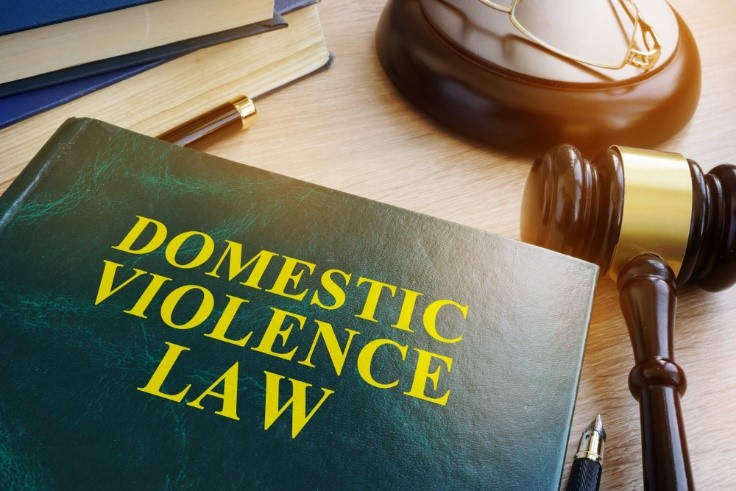Domestic violence is a pervasive issue that affects many men and women across the world. According to CDPH, one in five women and one in seven men have reported facing domestic violence. However, it is defined as a pattern of abusive behavior, and it takes various forms. In this month’s blog, we will take a closer look at this important topic, its legal implications, and the resources available for victims.

Defining Domestic Violence in California
While it often goes unreported, it is important to understand what domestic violence is, as well as why you may need to act. California law defines domestic violence as any form of abuse committed between individuals who have a close relationship, such as spouses or former spouses, cohabitants, individuals in a dating relationship, or parents and their children. This includes threatening to use force against him or her or any physical force that requires a restraining order.
Related: Learn more about restraining orders in California here.
Domestic Violence Penalties in California
In California, penalties for domestic violence typically vary between misdemeanor and felony charges, making them what’s known as “wobbler” offenses. The decision on whether to classify the crime as a misdemeanor or felony is based on factors such as the individual’s prior criminal record and the extent of the victim’s injuries.

Types of Domestic Violence in California:
1. Physical Abuse:
This includes hitting, punching, kicking, slapping, choking, or any form of physical harm inflicted on the victim. Bruises, broken bones, and other injuries are common outcomes of physical abuse.
2. Emotional or Psychological Abuse:
This type of abuse is often less visible but equally damaging. It includes verbal threats, insults, humiliation, manipulation, and isolation from friends and family.
3. Sexual Abuse:
Sexual abuse involves forced or coerced sexual acts, including rape, unwanted touching, and sexual degradation. These are also all harassment, and you have the right to get a restraining order to avoid any arguments.
Related: Learn more about how to deal with ex-spouse harassment here.
4. Financial Abuse:
Financial abuse occurs when the abuser controls the victim’s finances, restricts access to money, or sabotages their employment or financial stability. This can leave victims financially dependent and unable to leave the abusive relationship.
5. Digital Abuse:
With the rise of technology, digital abuse has become increasingly common. Examples of digital abuse includes: revenge porn, sexually harassing a partner online, controlling a partner’s social media accounts, requiring that a partner keep their phone with them at all time to respond to calls and texts, and using technology to monitor the other person’s actions both on and offline.
Conclusion
If you or someone you know is experiencing domestic abuse, you don’t have to face it alone. Family Law Richard E. Young & Associates is here to provide compassionate support and expert legal guidance through this challenging time. Our experienced team understands the complexities of domestic abuse cases and is committed to advocating fiercely for your rights and safety. We offer a safe and confidential environment where you can discuss your situation without judgment. Don’t wait any longer to seek help – contact us today at (949) 951-9529 to schedule a consultation and take the first step towards reclaiming your life.






